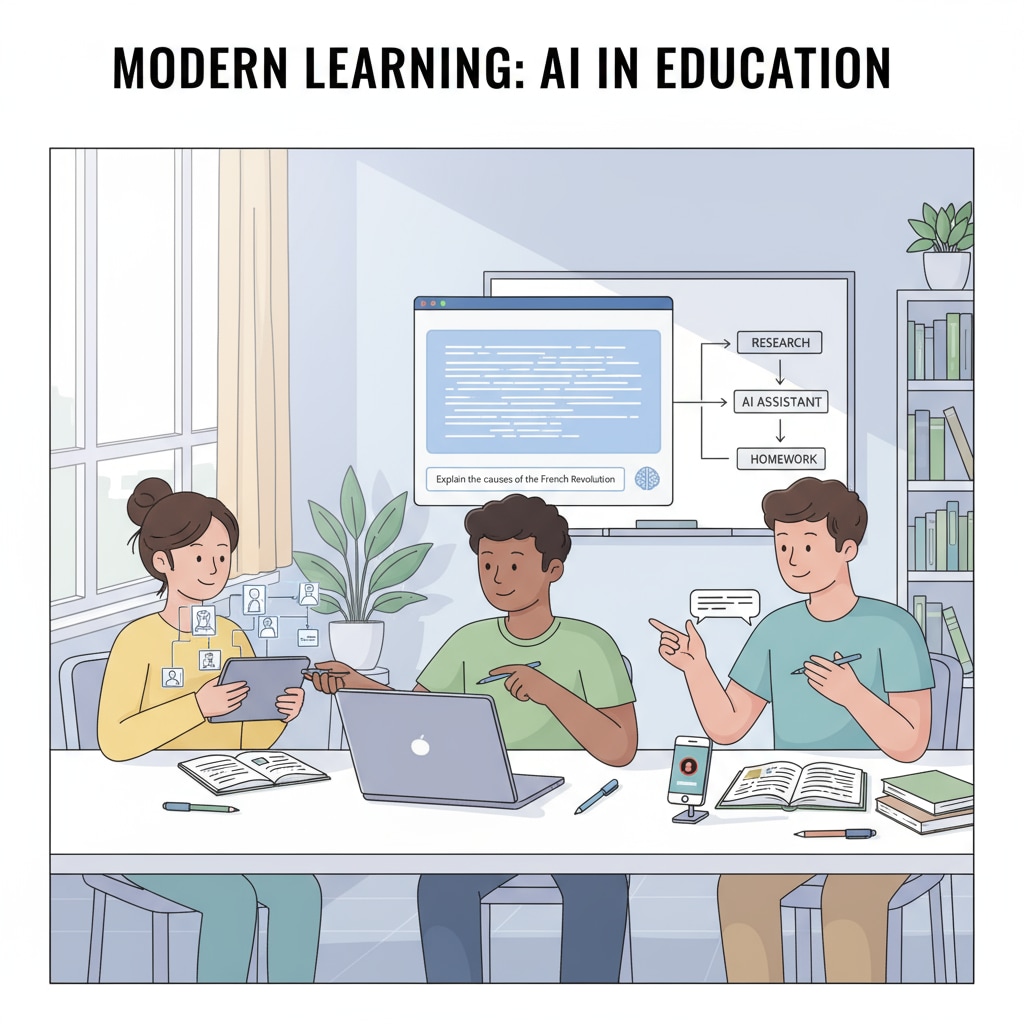In the age of rapid technological advancement, the integration of AI in education has significantly influenced student homework and grading, leading to the concerning issue of grade inflation. AI has become an omnipresent tool, and its implications for educational assessment are profound.

As AI continues to evolve, educators are faced with the task of discerning the authenticity of students’ work and maintaining the integrity of the grading system.
The AI – Homework Conundrum
AI has revolutionized the way students approach their homework. With advanced language models like ChatGPT, students can now generate essays, solve math problems, and complete various assignments with ease. This has blurred the line between independent learning and external assistance. For example, a student struggling with a literature assignment can simply input a prompt into an AI tool and receive a well – written analysis. This not only undermines the learning process but also makes it difficult for teachers to accurately assess a student’s understanding and skills. According to The National Education Association, the use of AI in homework is becoming increasingly prevalent, posing a significant challenge to traditional teaching methods.

The Phenomenon of Grade Inflation
Grade inflation has emerged as a direct consequence of AI’s intrusion into the educational landscape. As students submit work that may be enhanced or even entirely generated by AI, teachers are left with the dilemma of how to grade fairly. In some cases, teachers may be unaware that AI has been used, leading to inflated grades that do not reflect a student’s true capabilities. This not only devalues the educational system but also gives an unfair advantage to students who rely on AI. A study by The Chronicle of Higher Education has shown that the incidence of high grades has increased significantly in recent years, potentially due to the influence of AI.
To address these issues, educators need to adapt and develop new strategies. Firstly, they can incorporate more in – class assessments, such as oral presentations and timed written exams, which are less susceptible to AI interference. Secondly, teachers can use AI detection tools to identify when students have used AI in their work. Additionally, educational institutions should focus on teaching digital literacy and ethical use of technology, so that students understand the importance of integrity in their academic work.
Readability guidance: The above content uses short paragraphs to present ideas clearly. The use of examples and external links helps to support the arguments. Transition words like ‘for example’ and ‘additionally’ are used to enhance the flow of the text. Each H2 section provides a distinct aspect of the topic, and the images are placed appropriately to illustrate the key points.


